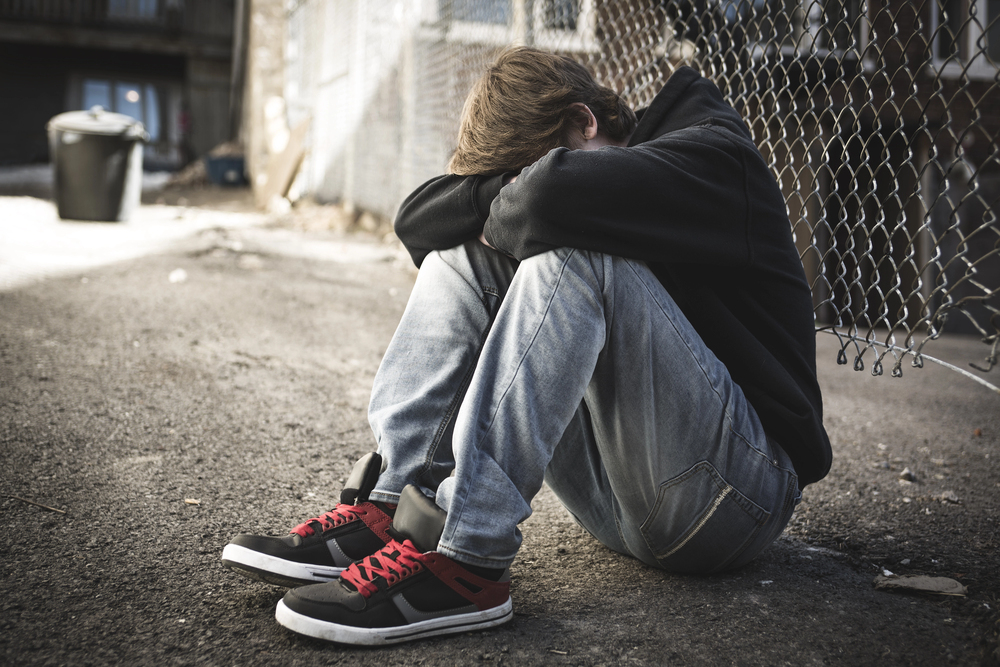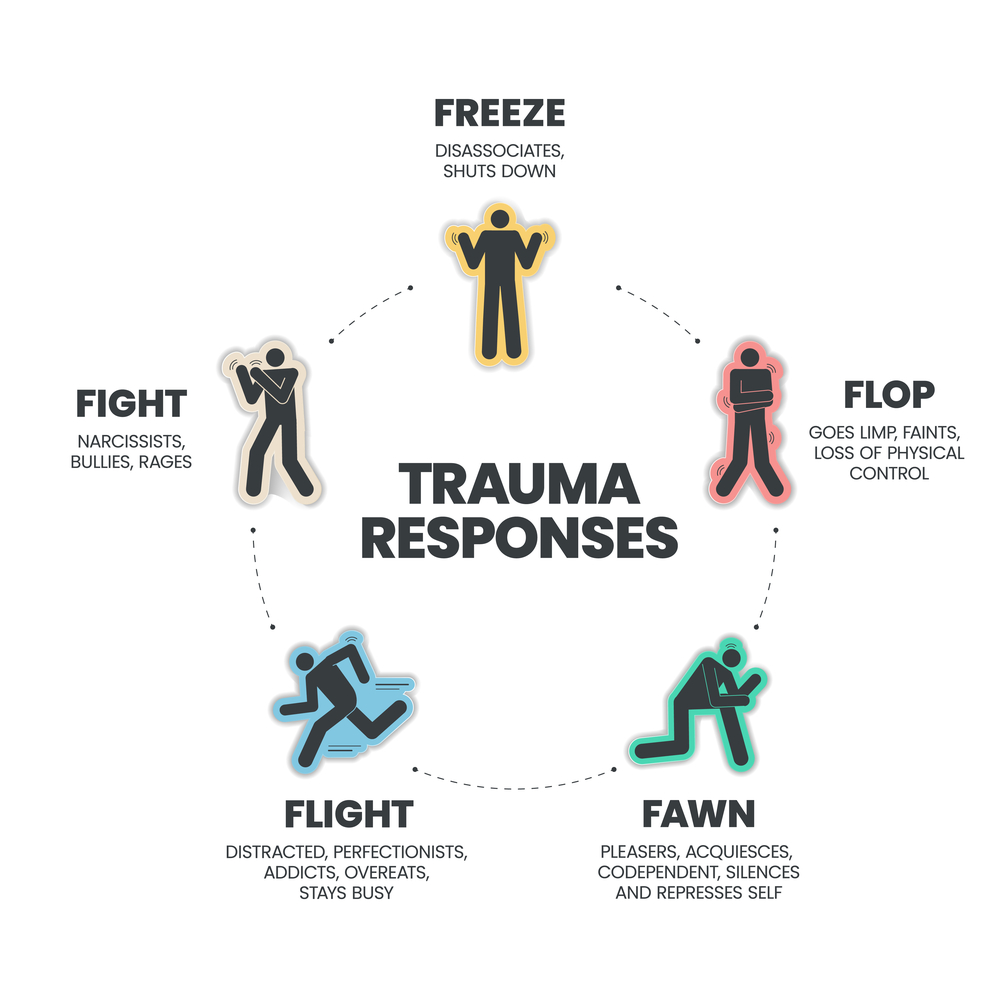
Parenting a teen who may be experiencing trauma is both challenging and heart-wrenching.
Trauma can impact every area of a young person’s life, from their emotional well-being to their relationships and overall mental health. As parents, understanding the different types of trauma and how they affect teens can help you take the first step in guiding your child toward healing.
At Ozarks Teen Challenge, we provide trauma-informed care designed to address individual needs, offering hope and structured support for families and teens in need.
What is Trauma?
Trauma is the body and mind’s response to a distressing or overwhelming experience. This response varies widely depending on an individual’s age, personality, resilience, and past experiences.
Trauma may shape teens’ behaviors, responses, and relationships, often resulting in actions that are difficult for parents to understand. Knowing the types of trauma that may be impacting your teen can help guide adequate support and intervention.
The Different Types of Trauma
Understanding the types of trauma can empower you to recognize signs and provide your teen with the help they need. Here are some common forms of trauma that may affect adolescents:
1. Childhood Trauma
Childhood trauma arises from events that threaten a child’s safety or well-being, like abuse, neglect, or the loss of a loved one.
When unresolved, childhood trauma can carry over into adolescence and adulthood, influencing how individuals perceive the world around them.
Teens affected by childhood trauma may exhibit anxiety, depression, trust issues, and behavioral challenges. It can also manifest in other ways, such as truancy in school or an addiction to the internet.
2. Generational Trauma
Generational trauma, also known as intergenerational trauma, refers to trauma passed down from one generation to the next.
This type of trauma doesn’t always stem from a specific event in the teen’s own life but rather from the trauma their parents or grandparents may have experienced.
Generational trauma can shape behaviors and mental health, influencing how teens respond to stress or difficult situations without them even understanding the root cause.
3. Emotional and Abandonment Trauma
Emotional trauma can occur when a teen feels abandoned, isolated, or unloved, often resulting in lasting feelings of rejection, unworthiness, or shame.
Abandonment trauma, specifically, may happen when a teen is left alone emotionally or physically, whether through divorce, moving away from family, or prolonged neglect.
These experiences can make teens fearful of future abandonment, leading them to act out or withdraw.
4. Trauma Bonding
Trauma bonding is a specific type of trauma response where an individual forms an emotional attachment to someone who has harmed or mistreated them.
Teens in trauma bonds may find it hard to break away from harmful relationships or feel emotionally attached to toxic people.
This bond often complicates the healing process, as they may resist outside help or fail to recognize the harm in these relationships.
Trauma Responses in Teens
Trauma responses in teens often present in unique ways and vary from one individual to the next.
Understanding these responses can give parents a better insight into what their teens may be experiencing.
Fight, Flight, Freeze, Fawn, and Flop Responses

These are four primary responses to trauma:
- Fight: The teen may become aggressive, argumentative, or defiant as a way to control their environment.
- Flight: This response can include running away, avoiding responsibilities, or even detaching emotionally from loved ones.
- Freeze: A frozen response may manifest as a lack of motivation, an inability to make decisions, or overall numbness.
- Fawn: Fawning is characterized by excessive people-pleasing, where the teen may try to keep peace at any cost, even if it compromises their well-being.
- Flop: This response involves a sudden collapse or giving up, often with signs of helplessness or feeling physically weak.
Teens may exhibit one or several of these responses, which can make trauma difficult to recognize. Awareness of these responses is essential for providing the right kind of support and patience.
Trauma-Informed Care for Healing
Healing from trauma requires a compassionate approach that recognizes the pain and challenges each individual faces. Trauma-informed care involves understanding that each response, behavior, or action is influenced by past trauma rather than just disciplinary issues.
At Ozarks Teen Challenge, we approach trauma recovery through trauma-informed care by creating a safe, structured, and healing-centered environment. We prioritize each teen’s well-being and unique needs, taking steps to make them feel secure and understood.
Our team is trained to recognize trauma responses, giving teens the support they need in a respectful, non-judgmental way. Trauma-informed care isn’t about “fixing” a child; it’s about nurturing them, giving them a safe space, and working through challenges at their own pace.
How Trauma Counseling Supports Recovery
Professional trauma counseling is a critical component of recovery for teens impacted by trauma. It provides a space for teens to explore their emotions, understand the root of their trauma, and learn healthy coping mechanisms.
At Ozarks Teen Challenge, we offer various types of counseling designed to meet each teen’s needs:
- Licensed Professional Counseling: Helps teens develop practical coping skills, identify trauma triggers, and gain insight into their personal strengths.
- Christian Addiction Counseling: Available for those dealing with substance use, providing a Christ-centered approach to recovery.
- Biblical Counseling & Life Coaching: Offers spiritual guidance and encouragement, helping teens discover meaning and purpose in their lives beyond their trauma.
Each form of counseling is provided in a supportive environment that prioritizes trust and personal growth. Our trauma counseling approach is not one-size-fits-all; instead, it is personalized to address each teen’s unique experiences and struggles.
How Parents Can Help Support Their Teen’s Recovery
As a parent, there are specific steps you can take to support your teen through trauma recovery:
1. Educate Yourself on Trauma
Understanding trauma and its effects can help you approach your teen with empathy and insight.
Educating yourself on trauma bonding, generational trauma, and abandonment trauma can provide valuable perspective and help you respond appropriately.
2. Create a Safe and Stable Environment
One of the most important things you can do for a traumatized teen is to offer a home environment that feels stable and secure.
This means setting consistent routines, offering support without judgment, and showing understanding, even during difficult moments.
3. Encourage Healthy Relationship Building
Helping your teen build healthy relationships is critical for their long-term healing.
Gently encourage them to connect with positive influences, whether that means finding friends through school, church, or community activities.
If they are in a trauma bond, it may be necessary to guide them toward recognizing unhealthy patterns and building connections with trustworthy individuals.
4. Seek Professional Help Early
Professional counseling and trauma-informed care are essential for addressing trauma effectively.
A program like Ozarks Teen Challenge offers specialized support to teens in a safe, structured setting that promotes healing and growth.
Early intervention can prevent further trauma-related issues from developing.
Get Help For Your Son
Recognizing and understanding the different types of trauma is the first step to providing meaningful support to your teen. Trauma is complex, and its impact on teens can be profound, but recovery is possible.
Through compassionate support, professional counseling, and a trauma-informed approach, you can help your teen begin their journey toward healing. At Ozarks Teen Challenge, we’re committed to helping families find peace, hope, and transformation through a Christ-centered recovery approach.
If you believe your teen may benefit from a trauma-informed program, reach out to our team to learn more about how we can help.




